With more indications that Suzuki’s Recursion is nearing production, the Japanese magazine Young Machine is reporting that Kawasaki may follow its supercharged H2 (and H2R) with more forced induction models.
Specifically, there is speculation that a version of the parallel twin currently found in the Ninja 65o (as well as the Versys 650) could get the forced induction treatment, as well as a future 600cc supersport model. The supersport, of course, would not be legal to race in the same class as normally aspirated bikes. We may see some interesting things this Fall at the motorcycle shows, including EICMA. Stay tuned.
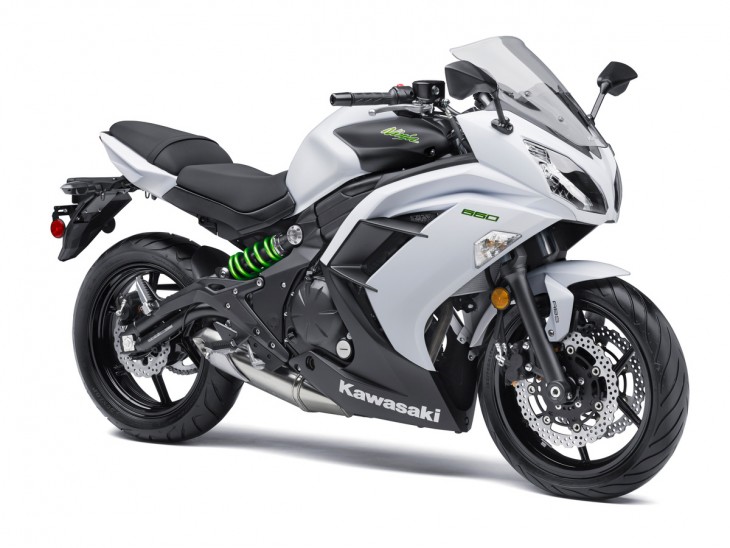

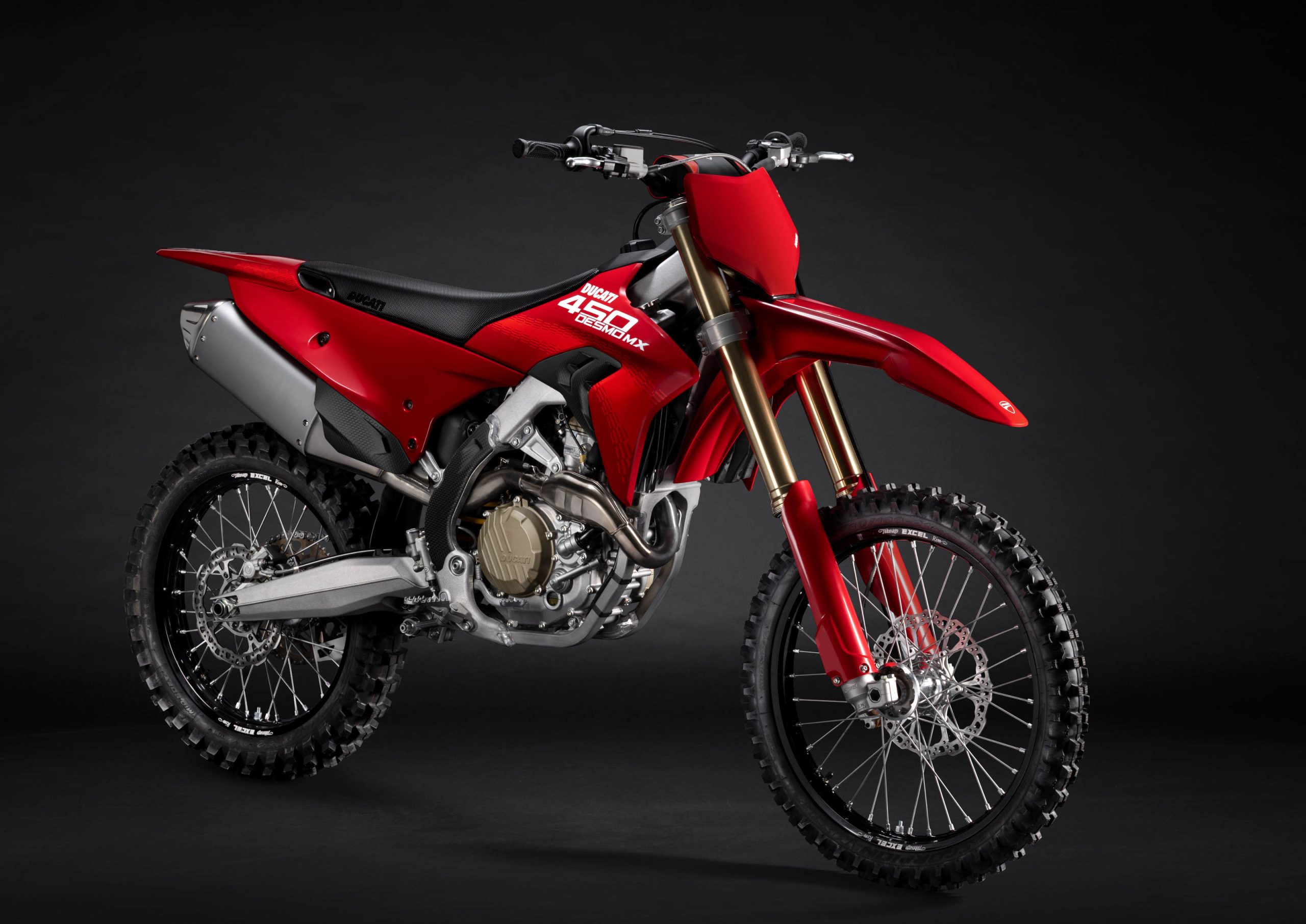
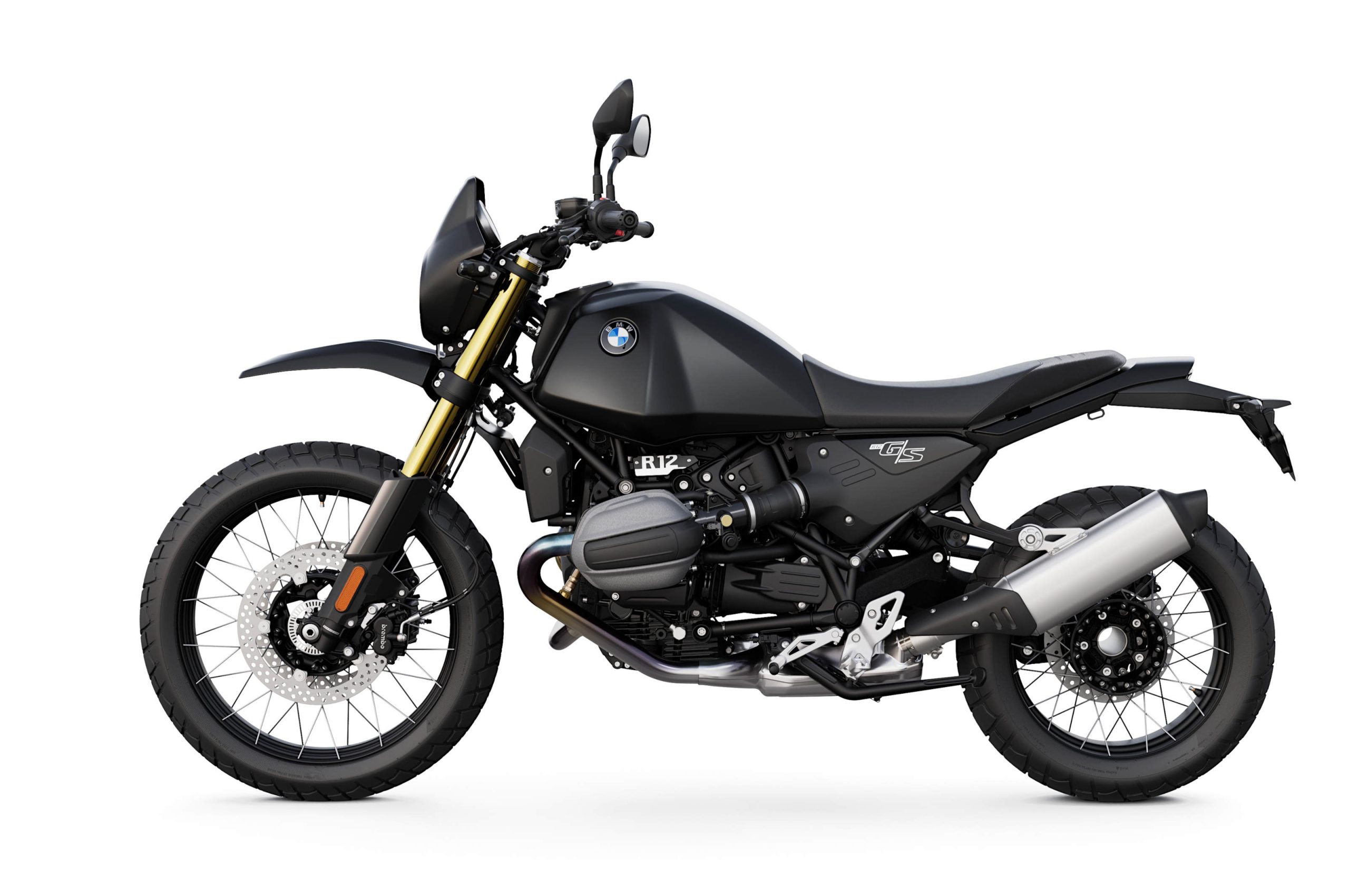
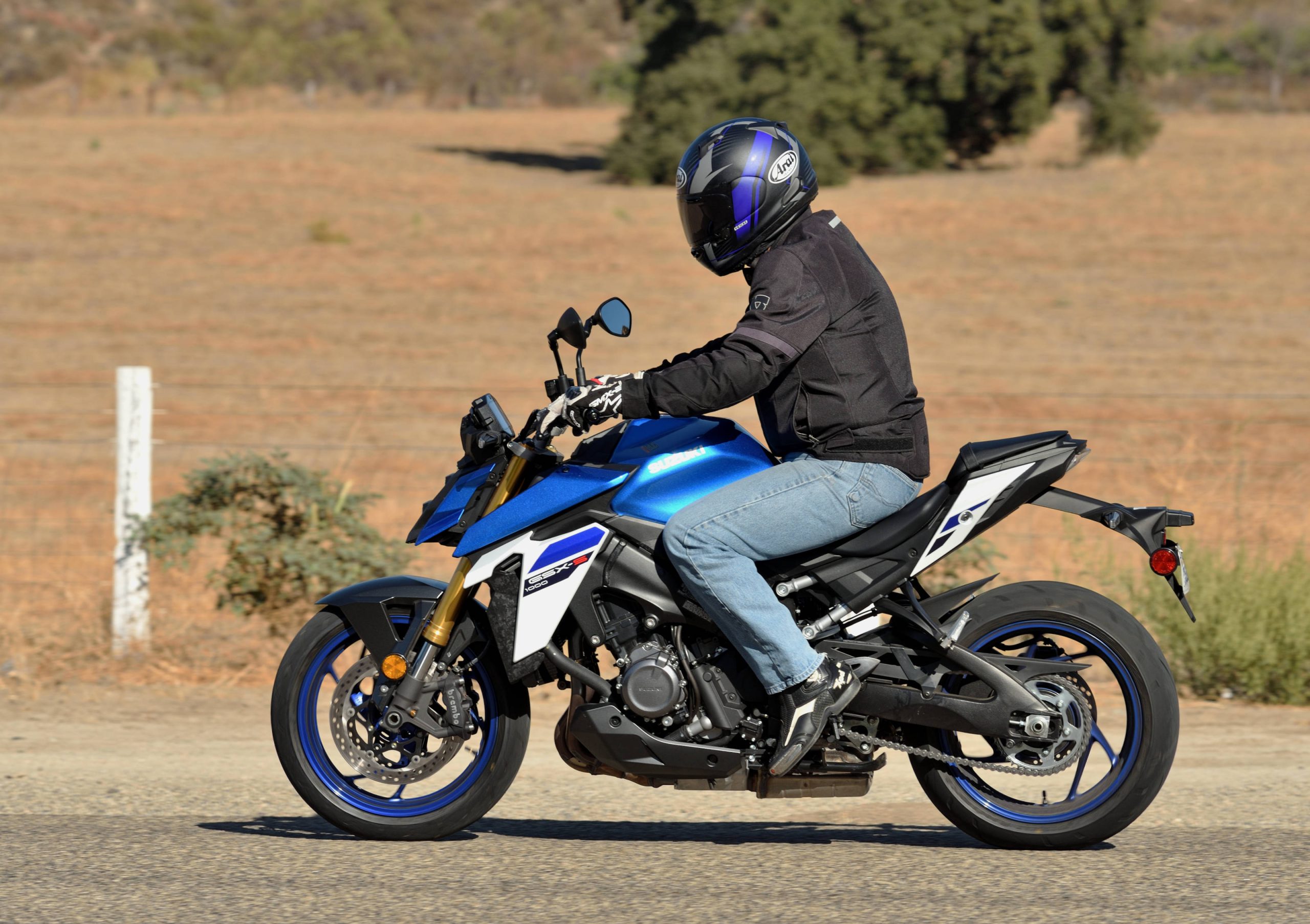
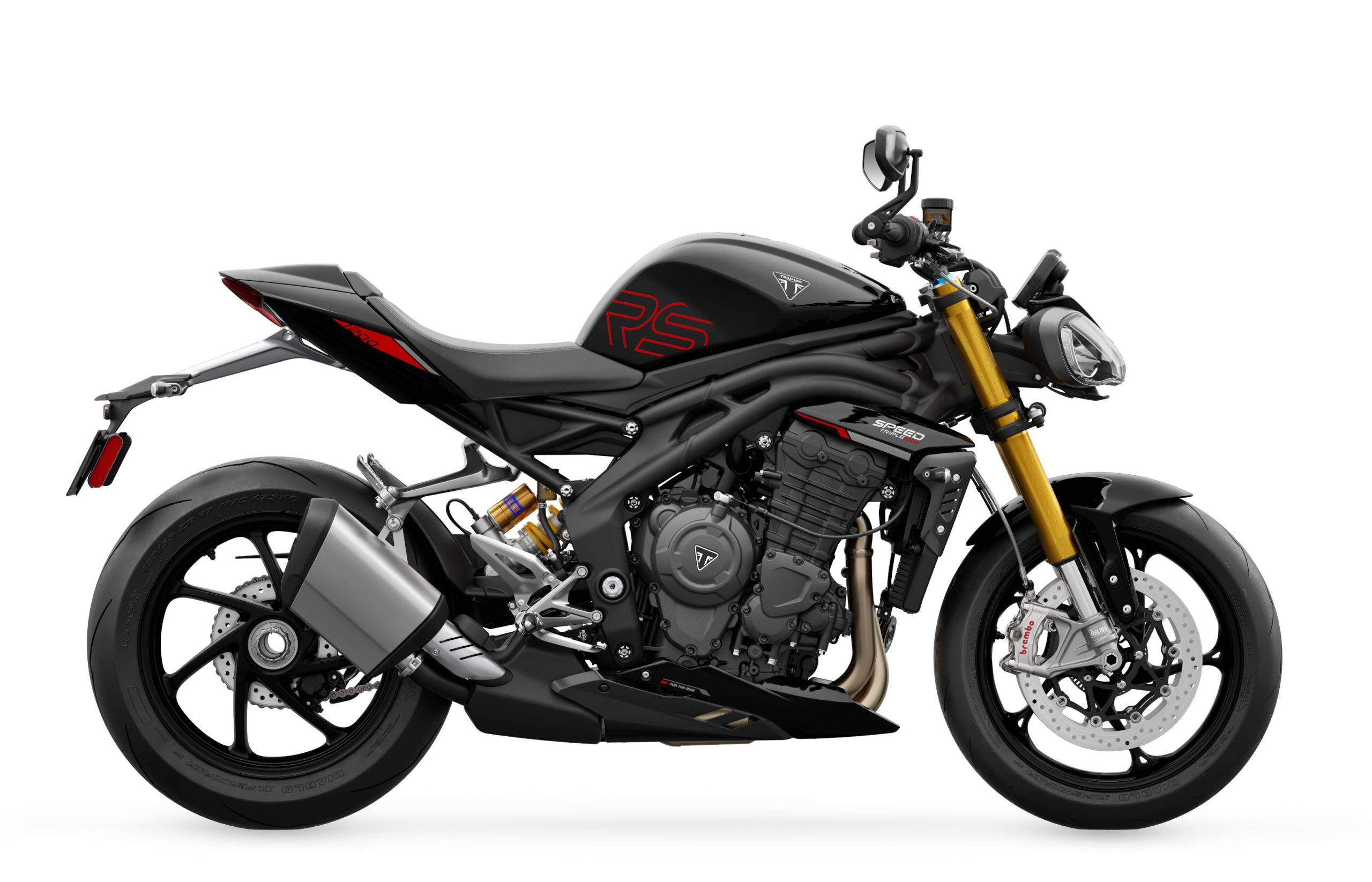
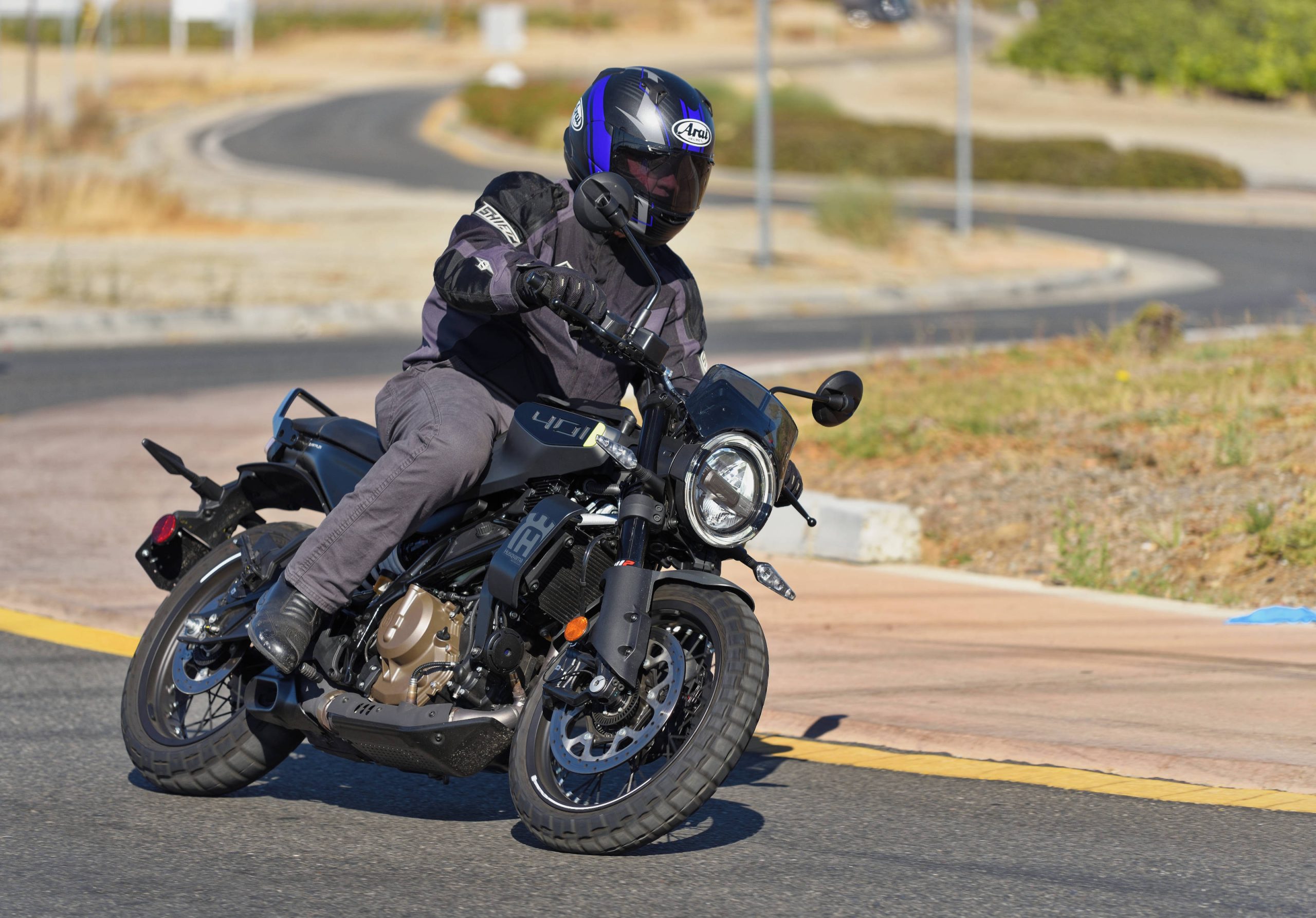
This is great – https://www.youtube.com/watch?v=Lq6kK7lfUJc
Love the concept; I just hope Kawi sexes up the design.
80s turbos suckered because of unsophisticated carbs. Bikes have limited space for dashpots etc. The push for turbos ice autos is due to insane emission and cafe limits. The engine runs at low rpm and thus less friction loss.
Having owned a 1983 Honda CX650T turbo I can tell you definitively that there were no carbs on my bike. Fuel injected with computer mapping barometric pressure, altitude and air temperature. Worked flawlessly in my 11 years of ownership. There was plenty of space in front of the transverse v-twin for the turbo and all the plumbing fit nicely under the bodywork. That was 32 years ago… I think they can handle it now.
By the way, the only machine that matched the insane roll-on rush was my 2002 Hayabusa. Can’t wait for another turbo or supercharged machine to come out.
Kawasaki GPz 750 Turbo was fuel-injected as well. Besides, sophistication doesn’t make something good. No comment on the other stuff you said.
If supercharged internal combustion engines were broadly adopted, we would look back on the current naturally aspirated era as period of stagnation.
The spectre of ever-constricting emission standards has two major design outcomes : increase engine capacity (lower tech, increased weight) or reduce engine capacity and boost output via forced induction (higher tech, reduced weight).
Emission standards are based on ratios of undesirable combustion by products not the gross production of these exhaust products
Wrong
A note turbos can be electrically driven getting rid of a lot of plumbing and heat issues . In terms of packaging crank driven superchargers make more sense on a bike . They can be put anywhere without heat issues and produce power off idle . Up top they don’t produce the power of a turbo as the faster they go the more power they suck . Kawasakis supercharger I believe does not have linear gearing in that the crank to supercharger speeds are altered to suit out put .
Engine power is limited by the amount of air ( oxygen ) for combustion not fuel ( can always put enough gas in ) . With forced air induction you can put the extra air in whenever you want ( tuning ) . The advantage of a turbo bike can be a big fat midrange where most riding is done . If the compression is kept up the off boost performance will still be OK . Electronics can stop detonation/pre-ignition now allowing for increased compression . They won’t ( marketing ) but manufacturers could go back to simpler 2 valve designs .
Imagine a 2 valve direct injection turbo diesel tourer with a range of 1000km .
Manufacturers are now getting to the point of diminishing returns , the power output of 1000cc fours is so fearsome they have to tame it with sophisticated electronics or face a generation of maimed or dead riders . Where to now for product differentiation , turbos or forced induction re-introduces another paradigm and space race for the next generation of power junkies and bench racers .
As an older rider I can watch the mayhem from the sidelines and be satisfied with 100-120 hp that doesn’t need electro wizardry . ABS is nice though when I grab a handful .
Luis
Lets see I could by a Kawasaki H2 which is fat and pricey or I could buy a BMW 1000 which is far lighter, much less cash, and just as fast. The Turbo bike era was a bust and didn’t even produce collector worthy motorcycles, I think the supercharged era will go bust as well. Race track perhaps, street application just stupid.
Its 1982 all over again. Cool.
Excellent! Bigger power in smaller packages. Isn’t that what motorcycling is all about?
@Stuki Moi
You mean, aside from Cohen’s problems with pitch.
Yeah, like modern motorcycles just don’t make enough power as it is.
Unless this coming forced induction “revolution” increases fuel economy by at least 50%, the extra weight/complexity/cost is just a smoke-and-mirrors gimmick.
Kawi at a minimum needs to get the tech allowed in a racing series. Looking at the H2 and ZX14-R side by side, it does seem plausible that a supercharger may allow for similar power in a tighter package. Which should have the potential to aid handling. But “better handling”, at the level modern NA powered sport bikes are already at, is something that really needs to be “verified” competitively. Otherwise, it’s little more than sticking tailfins on a Caddy to make it “more aerodynamic.”
While entry into a premium racing series may be a tall order, an overall fastest time at the Isle of Man should create some excitement for the technology……
re: “the extra weight/complexity/cost is just a smoke-and-mirrors gimmick.”
gotta USP sumptin’.
For me, this is exciting news! My first bike was a Ninja 250 (loved that bike!) and I currently own two Kawi’s (a Z750S and a ZX10R) as well as a Suzook. BTW, thanks Dirck for my motorcycle news fix; I check it pretty much every day.
How about a 750 class blown triple? Ah why do I care, I won’t buy one anyway.
Why not? Look at what car makers have done in the past few years. Smaller engines, forced induction. It is inevitable that this will move increasingly to motorcycles.
All for a price. Remember the latest H2? $$$$$
It probably won’t be free, but there are huge advantages to moving the technology into mass production (at least in motorcycle terms). In the H2/R, all the R&D and production costs of an entirely new bike and powerplant had to be carried by not-very-many copies.
Oh, boy… a supercharged KLR, lol.
Kawasaki builds awesome motors so I am sure the engine would be sweet in whatever it is powering. If it’s the Ninja 650 I hope they give it more legroom
Given the choice of a twin or a four cylinder bike with the same peak HP I would take the twin all day long. I find twins to be more tractable and relaxed in the twisties, better low end to the power band, better mass centralization and they sound a lot nicer. Smaller engines with more power equal increased power to weight ratio.
Maintenance on a twin involves half the number of valves to adjust, throttle bodies to sync, spark plugs to change and fewer parts to replace.
I believe we will see a new wave of forced induction bikes, and rather than be a fad like they were in the 80’s they will be here to stay. Just like we are seeing in the auto industry.
“and they [parallel twins] sound a lot nicer [than inline fours]”
I agree 360 and 270 degree crank parallel twins have a nice sound but I’d never say a 180 degree parallel twin sounds as good as an air-cooled Kawasaki four.
Or a liquid cooled one. Nothing currently for sale sounds more invigorating than the 636 on full boil. With the Z/Ninja 1000 close runners up. Twins sound nicer than 4s in the HD range, sub 2500rpm. From there on up, it’s just another steady drone. Ducati does do good sound work compared to the rest of the twin pack, but even Duc’s only sound exciting juxtaposed against a field of otherwise same sounding i4 screamers. There is a reason tenors hitting high Cs get more love for their voice than Leonard Cohen.
Indeed. Wish there was an edit button but was meaning to infer to a ‘certain’ air-cooled Kawasaki four – https://www.youtube.com/watch?v=to5O3-vZrM0
I think you’re not comparing size for size. If displacements are equal power delivery (more or less torque at lower RPM) all has to do with tuning. They could both work the same but it would be difficult to get a twin to have as much overall power as a four – hence the addition of supercharging to raise power to four cylinder levels. I think it’s probably just a cost cutting measure for Kawasaki.
Desperate times call for desperate measures.
Huh? What’s “desperate” about these times in the motorcycle world?
n the USA? HArley is doing great, sells half the bikes’ Japanese numbers are pathetic. Many dealers would be gone if not for ATV/UTV market. European numbers are up, but still small. Bikes are still toys in this country and the toy business ain’t what it was.
It’s all still good and profitable in the developing world for now but in the “Senior” markets of Europe and North America things are a lot more uncertain. The clock is ticking on the boomer buyers like me and the advent of things like autonomous driving cars could tip the street motorcycle market up or even eliminate it altogether. Kawasaki like Yamaha, Honda and Suzuki are trying to build a new base of buyers to prop up the market with some innovative and appealing new models. We’ll see if they succeed.
Do people buy the Ninja 650 for its power? To me, it makes no sense to add power to a model when you already have a similar, more powerful model available (i.e. 600 or 1000).
As long as the reliability is there, I can see advantages. Better fuel economy, but mostly better low end power from a smaller engine with (I’m guessing) cheaper insurance than a literbike. If they’re willing to bring it to market, I say great.
Why? Don’t understand the concept of size? A 650 twin has a smaller chassis than any 600 four and less rotating mass to boot. That lower mass means lower gyroscopic effects on the handling – a 650 twin has the potential to outhandle a 600 four easily, never mind making a 1000 supersport look like a lard-filled Amazonas in comparison.
I’ll take a well-sorted 650 turbo over a 1000 *any* day, thank you very much. To paraphrase the racer’s axiom, to add more fun add more lightness.
A chassis is sized for the bike’s power. If it makes literbike power then it will be literbike size. A four of the same capacity as a twin will have less rotational inertia since it’s a smaller diameter crank – though it is longer (giving it more leverage) so it’s probably a wash. In all this is likely about cost. Half as many pistons/valves/coils/injectors/etc for a single impeller and single throttle body. And more marketing panache at that.
Now that is very interesting.
Turbo lag sucks.
Good thing Supercharged engines don’t exhibit Turbo lag…
Forced induction could be a supercharger or turbo. I would agree that It’ll probably be supercharged
Turbo charged bikes have won National Championships
Unless the turbine is exhaust driven, there shouldn’t be any lag.
Turbos are always exhaust-driven… aren’t they?
Superchargers are crank-driven.
His point is that what’s typically called a “turbocharger” is actually an “exhaust-driven supercharger”, as opposed to the typical “supercharger” which is better called a “crank- or belt- driven supercharger”.
..if they come out with a supercharged 650, I will die….I mean, I will buy the parts and put them on my Versys. who needs an FZ09?
Believe me you are far, far away from it.
Entry should have been titled: Kawasaki will use something that will probably resemble the ninja 650 as the basis of a new turbocharged vehicle, a.k.a. will be 650cc and that will probably ends up all similarities.
At least the following points have to be considered:
-sensors for measuring the air pressure.
-higher pressure fuel pump and injectors.
-different engine compression (read it less) as turbo increases it.
-extra water cooling for the cylinders and head.
-a lot of lovely piping for the oil and coolers around the turbo… you don’t want it to run without it a single sec.
-strength the mechanical link to transfer the power including but not limited to
—crankshaft, bearings, gear speed ratios, clutch
-better water and oil pump
and still have not touch the brakes, suspensions and frame to handle the extra power.
so we WANT the FZ09.
typo of the day: ninja 65o
Aries horoscope: oil your chain, control your impulses on long straight roads.
Lucky number: 1000
A few points:
You just higher fuel volume through the EFI. Whether that requires a higher pressure system remains to be seen. It might be accommodated with larger diameter injectors and/or longer duration injection times.
Since the H2 is supercharged, this bike is likely to be, too. Thus, plumbing for turbo oiling and cooling may not be an issue.
As to other changes, it depends on what kind of margins are built into the existing components.
Agree, most of the times engines are not built with those extra margins but could happen.